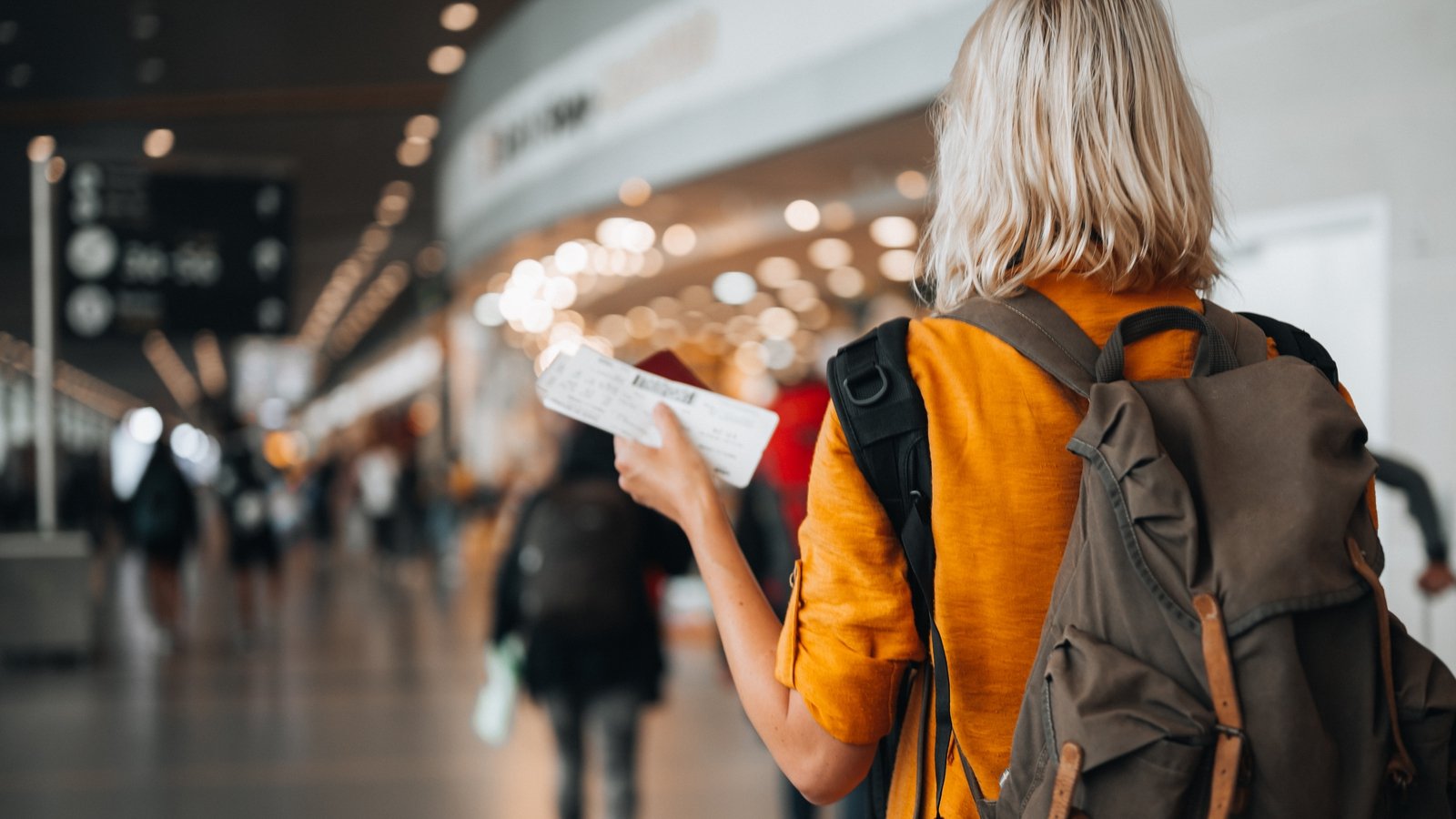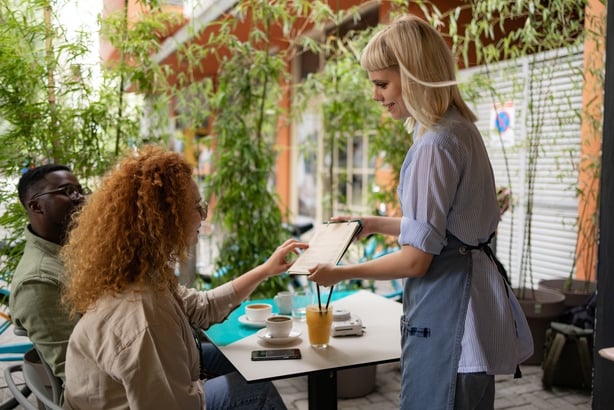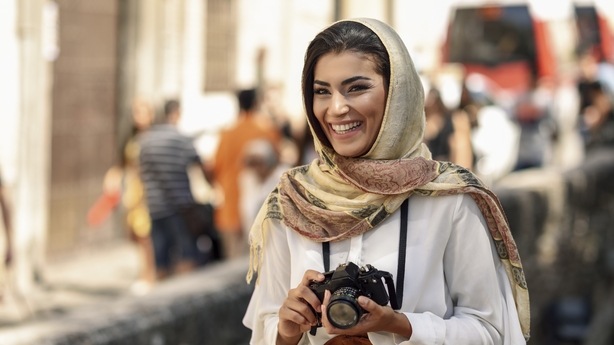


With overtourism plaguing big cities, and social media peddling a version of travel that doesn’t always pay respect to the locals, travel blogger Tara Povey shares her advice on getting the most out of your holiday while also being an ethical traveller.
Travel is my favourite thing to do. New places, new food, new experiences – it’s all so exciting. But the world is changing and there’s a lot to consider when it comes to that long awaited trip. We have options and responsibilities when exploring the world that can sometimes seem overwhelming.
I don’t particularly care for classing people as tourists versus travellers. There is an edge of snobbery about it that I don’t enjoy. All of us could stand to be more responsible when it comes to travel, no matter how many countries we’ve visited.
That said, I’m going to talk you through some easy ways to make sure that you’re being a considerate traveller rather than a careless tourist, and why it matters.
Overtourism and its consequences
So what is over tourism anyway? Essentially, it is when too many people travel to one place and spoil or damage it, making life extremely difficult for locals and ruining the experience for other tourists.
Budget airlines, travel becoming more accessible and affordable and the rise of social media have been noted as contributing factors. This is sometimes a hard pill for me to swallow given that I share the vast majority of my adventures on social media with the aim to inspire more people to travel.
The recent protests in Barcelona have highlighted the fact that locals can barely afford to live in the city due to overtourism, something those of us in Ireland can certainly empathise with. Places like Venice and Bali now charge a tourist tax which goes toward preserving local culture and infrastructure in an attempt to counteract overtourism.
Maya Beach in Thailand (made popular by the movie The Beach) was closed for years to help the environment recover from being ruined by thousands of tourists visiting daily. I could go on, but it’s all a bit depressing.
Suffice to say, we need to be conscious of how we travel and respect the places we visit or face the consequences.
Tips for travelling responsibly:
Stay or spend locally. Spending your money wisely in the local community is an easy way to make a difference to local lives. Book directly with an independent hotel. They are more likely to employ locals at all levels as well as offer locally sourced food and toiletries. Buy your souvenirs from local artists to support the economy. Avoid familiar chains and try some authentic food from markets or neighbourhood restaurants. The key is to spend your money where it matters.

Try somewhere new. Consider lesser known or less exploited destinations. Less famous destinations will be happier to receive tourists and you might be surprised by what you find there. Thinking about Amsterdam? Try The Hague, just 40 mins outside Amsterdam, which has lots to see as well as lovely beaches.
Travel off season. Personally, I avoid school holidays like the plague. It seems simple, but avoiding peak season greatly reduces the strain on destinations suffering from overtourism. So, if you don’t have kids (or aren’t a teacher), and can travel outside of school/public holidays then that will make a massive difference to your experience and to the local community.
Go green. Pollution of the environment is an ugly side effect of tourism. Anything we can do to make our trips greener will make a difference. Skyscanner shows you the lowest carbon emission flights when you search, which makes it easier to choose the greenest option. Most airlines and hotels will allow you to offset carbon emissions by contributing a small fee to plant trees. I’m no Greta Thunberg, but offsetting our carbon emissions is a small, easy change that we can all make without much sacrifice.
Dress the part. A lot of countries have unusual (to us) rules when it comes to appearance. I was refused entry to a church in Italy as a teen because I didn’t know that I had to cover my shoulders – it was mortifying! There are onsens (hot springs) that you cannot visit in Japan if you have tattoos. Not only is it respectful to abide by local rules, it can also save you some embarrassment.

Cúpla focal. Being able to speak a few words of the local language will make things easier and may even impress the locals. If you struggle with languages use tools like Google Translate or the Point It book which is full of photos you can point at when you’re stuck. Although lots of countries speak English, some effort with the local language is always appreciated.
Reduce plastics. Waste is one of the biggest problems that comes from over tourism. For example, according to the WWF, marine litter in the Mediterranean increases by up to 40% during peak tourist season. Help reduce this by bringing your own reusable bottle, coffee cup, utensils and straws.
Coral-safe sunscreen. Lots of sunscreen contains a chemical called oxybenzone that can damage reefs and harm ocean life. The Caribbean island of Aruba has actually banned products containing the chemical to protect their waters. So when you’re picking up sunscreen, double check that it’s reef-safe before you buy.
Tour companies. If you prefer to book with a tour company where everything is taken care of then do your research and look into the ethos of each company. G Adventures do a lot of work with their local communities and have a strong culture of responsible travel. I’ve done a few trips with them and they truly are great advocates for community-focused travel. You can also make your trip all about helping the environment by booking a conservation trip with companies like Biosphere Expedition or Conservation VIP. You get to explore a new destination while also helping to protect the environment, win-win!

Be considerate. Always ask permission before taking photos or videos of people. You should be doing this at home anyway, but the rise of platforms like Snapchat and TikTok has made this more of an issue. Kyoto, Japan has introduced a fine for taking photos in its Gion District due to tourists harassing Geishas and photographing them without their permission. This could have been avoided if people just had some manners.
I don’t want to make travel feel like hard work. Of course, we can’t do everything right, but the important thing is that we try. If we are to continue to enjoy these beautiful destinations, we need to be discerning travellers committed to respecting them.
Consideration for locals and the environment is the key message here. If you wouldn’t do it at home, don’t do it abroad.
The views expressed here are those of the author and do not represent or reflect the views of RTÉ.